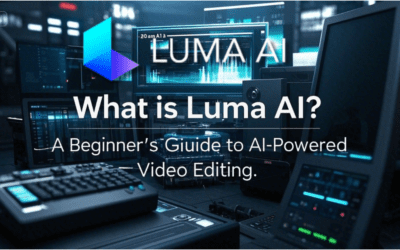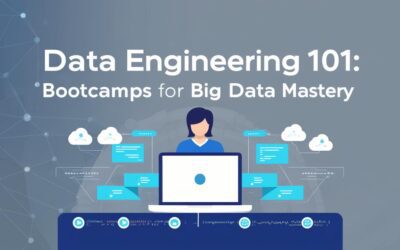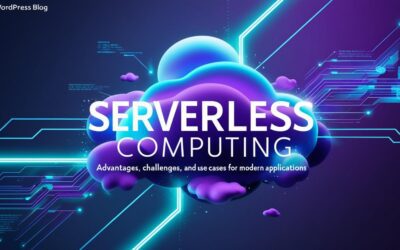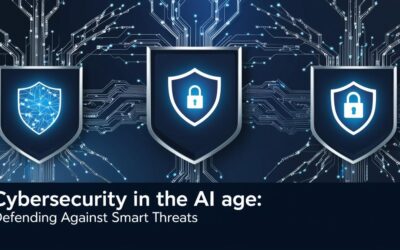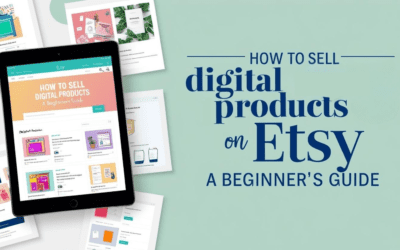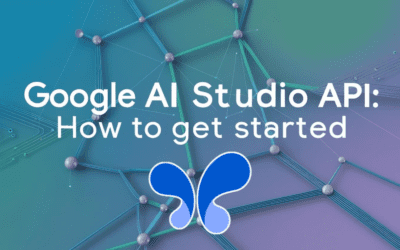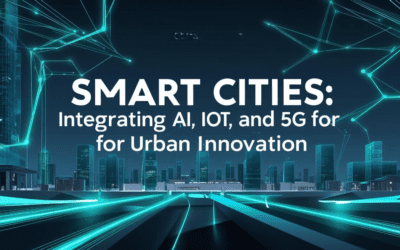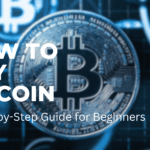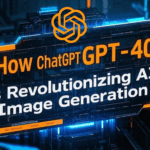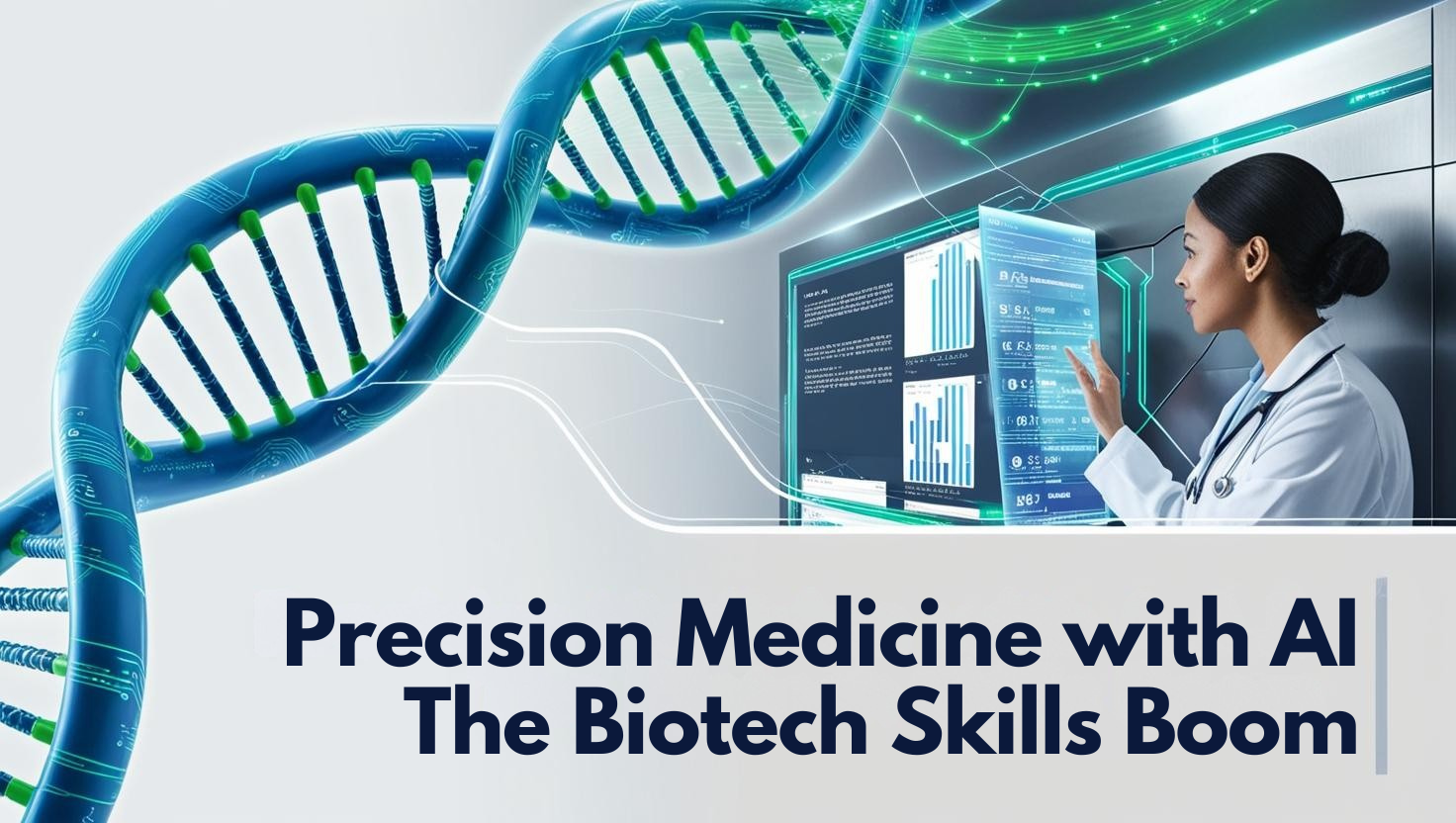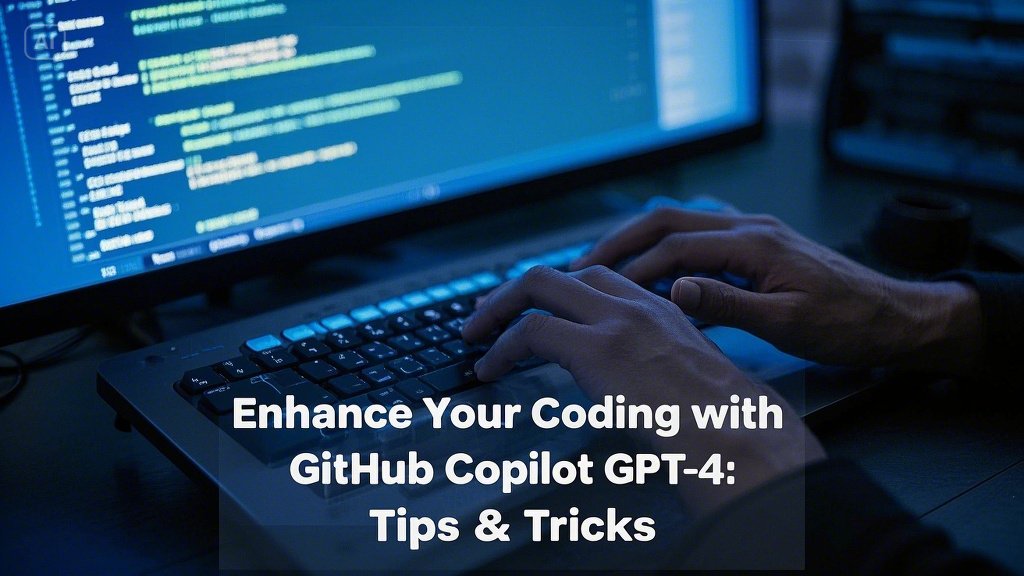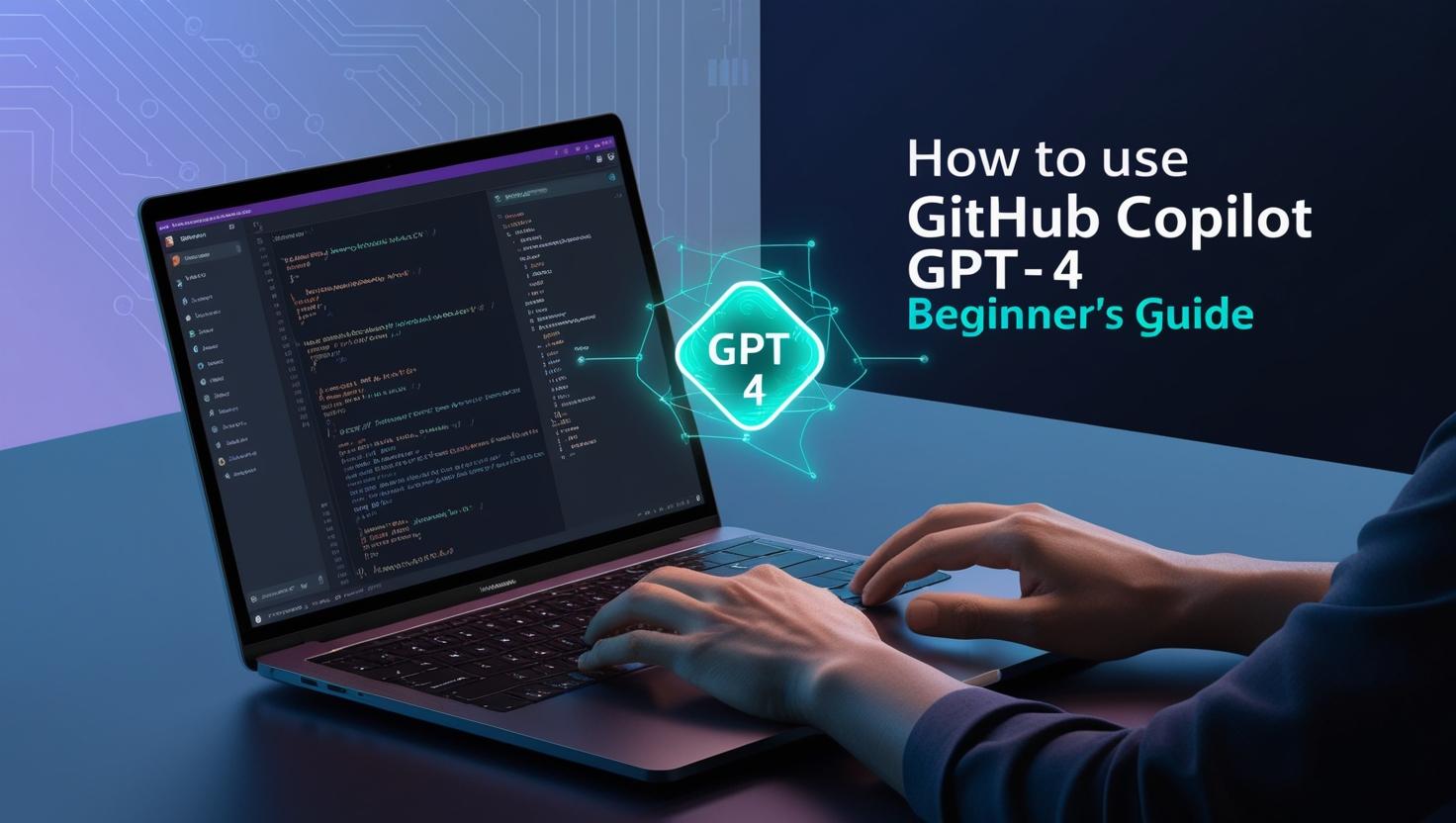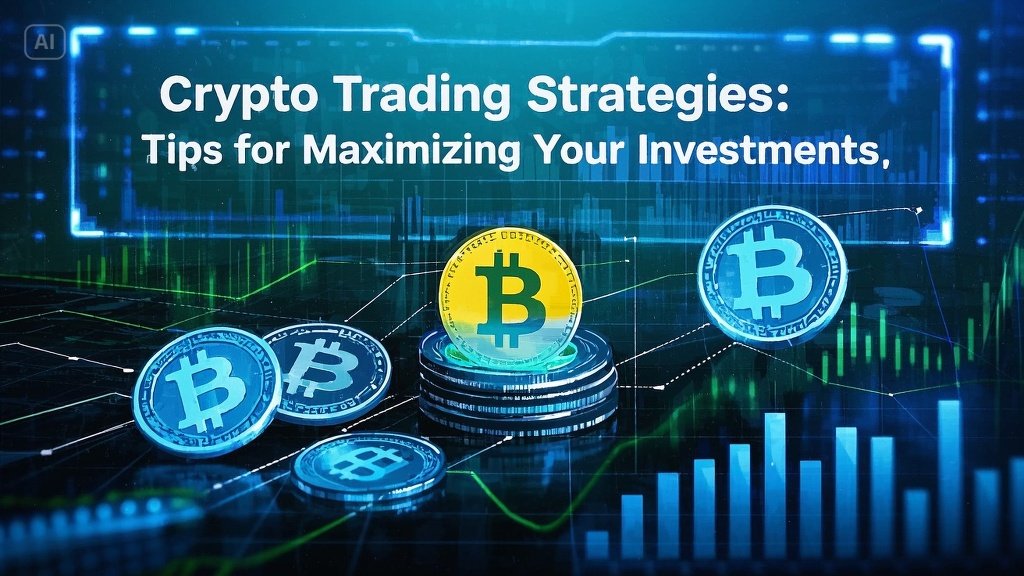Introduction
Imagine a world where treatments are tailored to your DNA, lifestyle, and environment—not just your symptoms. This is the promise of Precision Medicine with AI, a fusion of biotechnology and artificial intelligence redefining healthcare. By analyzing vast datasets, from genomics to wearable device metrics, AI uncovers patterns that drive hyper-personalized therapies. As this field accelerates, a skills boom is underway, demanding a new breed of biotech professionals. This article explores AI’s transformative role in precision medicine and the expertise required to thrive in this dynamic sector.
Precision Medicine with AI: Breakthroughs in Personalized Care
1. AI-Driven Genomic Analysis
AI algorithms decode genetic data at unprecedented speeds, identifying mutations linked to diseases. For example, DeepMind’s AlphaFold has predicted 200+ million protein structures, accelerating drug discovery for conditions like cystic fibrosis. Startups like Tempus use AI to analyze clinical and molecular data from cancer patients, matching therapies to genetic profiles with 30% higher efficacy (Nature, 2022).
2. Accelerating Drug Development
Traditional drug discovery takes 10+ years and 2.6Bperdrug(TuftsCenter).AIslashestimelinesbypredictingcompoundinteractions.InsilicoMedicine’sAI−designedfibrosisdrugenteredtrialsin18months—a902.6Bperdrug(TuftsCenter).AIslashestimelinesbypredictingcompoundinteractions.InsilicoMedicine’sAI−designedfibrosisdrugenteredtrialsin18months—a904.9B by 2028 (Grand View Research).
3. Predictive Diagnostics and Wearable Integration
AI models analyze wearable data (e.g., heart rate, glucose levels) to predict health risks. Researchers at Stanford developed an AI that detects arrhythmias with 97% accuracy using Apple Watch data, enabling early interventions.
Essential Biotech Skills for the AI Era
1. Bioinformatics and Computational Biology
Proficiency in tools like Python, R, and Bioconductor is critical for processing genomic data. Coursera reports a 140% surge in bioinformatics course enrollments since 2020.
2. Machine Learning and Data Science
Understanding neural networks, NLP, and tools like TensorFlow/PyTorch helps build predictive models. For instance, PathAI’s ML algorithms improve diagnostic accuracy in pathology by 50%.
3. Interdisciplinary Collaboration
Biotech professionals must bridge gaps between biology, data science, and ethics. Projects like the EU’s Human Brain Initiative thrive on cross-functional teams.
4. Regulatory and Ethical Literacy
Navigating FDA guidelines for AI-driven devices and addressing algorithmic bias (e.g., ensuring diverse training data) are vital skills.
Challenges in Precision Medicine with AI
Data Privacy and Security
Patient data breaches cost healthcare $10.1M per incident (IBM, 2023). Solutions like federated learning, used by Owkin, allow AI training without sharing raw data.
Bias in AI Models
A 2019 Science study found AI models for lung cancer screening underperformed for Black patients. Initiatives like MIT’s Fairness in AI aim to rectify disparities.
Regulatory Hurdles
Only 30 AI-based medical devices are FDA-approved as of 2023, reflecting stringent validation requirements.
Case Study: How Tempus is Pioneering Precision Medicine with AI
Tempus combines genomic sequencing with AI to personalize cancer care. Achievements include:
- Building the world’s largest library of clinical and molecular data.
- Partnering with 50% of U.S. oncologists to optimize treatment plans.
- Reducing trial recruitment time by 40% via AI-driven patient matching.
Preparing for the Biotech Skills Boom
- Upskill: Platforms like edX offer MIT’s “AI in Healthcare” nanodegree.
- Network: Join communities like Bio-IT World or AI in Medicine meetups.
- Stay Ethical: Advocate for inclusive data practices and transparency in AI.
Conclusion
Precision Medicine with AI is not a distant dream—it’s today’s reality, demanding agility, technical mastery, and ethical rigor. As AI unlocks cures for once-untreatable diseases, biotech professionals equipped with data science fluency and collaborative mindsets will lead this revolution. The future of healthcare is precise, personalized, and powered by AI.
Sources:
